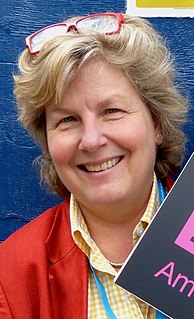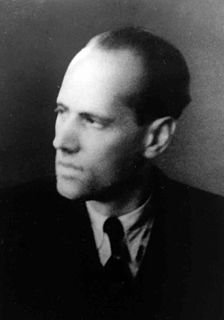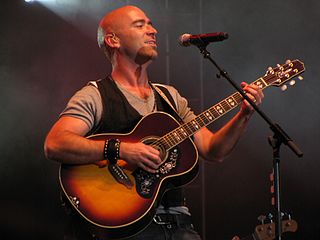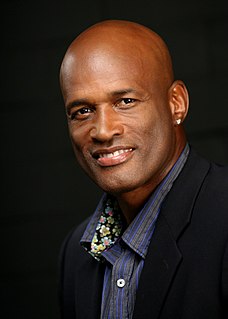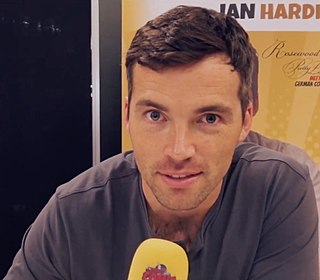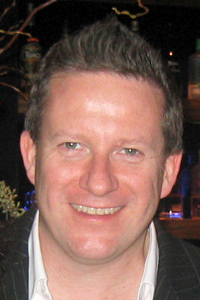A Quote by Sandi Toksvig
The other day, I was taking part in an audience Q&A when I was roundly scolded by a woman for 'allowing the BBC to ruin the English language.' Naturally I felt terrible, as I had no idea either that it was happening or that I was responsible.
Related Quotes
All of women's stories in the 19th century had either one of two endings: you either had the good Jane Austen marriage at the end and you were happy; or you had the terrible Henry James savage downfall because of your own hubris as a woman, or you've made some great error leading you down a path to ruin. One is the story of love that's successful and the other is the story usually of reckless love that goes terribly wrong that destroys the woman.
Once, BBC television had echoed BBC radio in being a haven for standard English pronunciation. Then regional accents came in: a democratic plus. Then slipshod usage came in: an egalitarian minus. By now slovenly grammar is even more rife on the BBC channels than on ITV. In this regard a decline can be clearly charted... If the BBC, once the guardian of the English language, has now become its most implacable enemy, let us at least be grateful when the massacre is carried out with style.
Today, not a numerous, but an active part of the German people are beginning to realize, not that they have been led astray, not that bad times await them, not that the war may end in defeat, but that what is happening is sin and that they are personally responsible for each terrible deed that has been committed - naturally, not in the earthly sense, but as Christians.
I had a period in my life, maybe a decade or so, in which I was involved in that kind of thing, associating with the elite of various segments of society. It always made me extremely uncomfortable. I couldn't wait to get out of there and change my clothes. The good part about that was getting home and changing into my regular clothes. Taking off the suit and the tie, taking off the tight shoes, and just relaxing. Being away from that stuff. It was stimulating, but I never liked it. I always felt it was a terrible, terrible burden.
One of my favorite tricks was taking a page and having the first student translate it from English into whatever language he or she was working on, and the next one would translate it back into English and then into the foreign language, and we'd go around the room and compare the two English versions at the end, and it would be amazing how much survived.
The next time I write a play - in order to get audience trust for a particular sort of tragic line, I'll try to bring the audience a good distance before that. Part of that is allowing comic moments to occur. I had been afraid of that - that once the audience started laughing in the play, they would never stop.
I have a funny relationship to language. When I came to California when I was three I spoke Urdu fluently and I didn't speak a word of English. Within a few months I lost all my Urdu and spoke only English and then I learned Urdu all over again when I was nine. Urdu is my first language but it's not as good as my English and it's sort of become my third language. English is my best language but was the second language I learned.
James Joyce's English was based on the rhythm of the Irish language. He wrote things that shocked English language speakers but he was thinking in Gaelic. I've sung songs that if they were in English, would have been banned too. The psyche of the Irish language is completely different to the English-speaking world.
[The director's idea for the film was:] A young American or English girl goes to Tuscany to visit English expatriates. She is on a mission to lose her virginity. That's a mission easily accomplished, if that's the only mission. The story had to be more complicated than that. Because there is so little happening dramatically, there had to be something to keep you curious.
